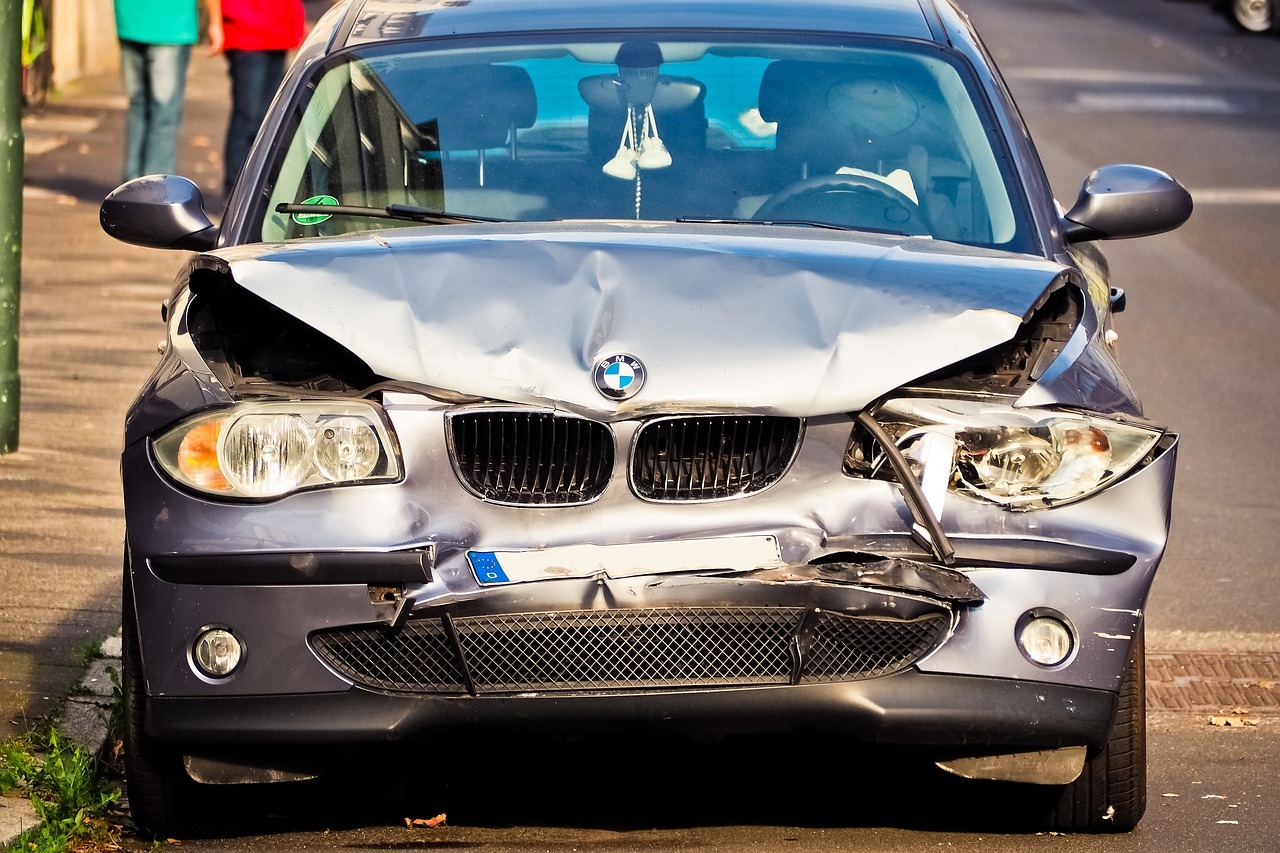One of the requirements for driving is to have insurance. While most drivers observe this rule, others still drive without coverage, even though it is illegal in most states.
Driving without insurance could have severe legal and financial consequences, especially if you are involved in an accident. Data from the Insurance Research Council (IRC) has shown that nearly 12.6 of motorists are still uninsured.
Most states, except New Hampshire and Virginia, require driver’s insurance. At the minimum, this includes liability coverage for bodily harm and property damage. Some individual states have also mandated additional insurance coverage.
So what happens if you are involved in an accident without insurance? Well, the implications will ultimately depend on the state you live in. However, common penalties like fines, jail time, license suspension, and vehicle impoundment cut across most states.
The outcome will also depend on the party at fault. Here are some scenarios and the consequences of each depending on each state.
If the state where the accident happens requires car insurance and you are not at fault
In such circumstances, compensation will depend on current state laws. Some states do not allow uninsured drivers to claim damages caused by accidents. Such states include Oregon, Lowa, Indiana, Alaska, Louisiana, California, New Jersey, Missouri, North Dakota, Michigan, and Kansas.
Other states limit claims to property damage, medical bills and lost wages. Nevertheless, always consult your state’s Department of Motor Vehicles (DMV) to confirm claims you can make.
If the state where the accident happens requires car insurance and you are at fault
Your state laws will lead to either of these situations:
- In a tort (at fault) state, if the other driver sues you for financial damages caused by the accident, you must settle these claims. Since you lack insurance, if you cannot raise these funds, a judge can use your assets and future income to meet this amount.
- In a no-fault state, drivers pay for their vehicle repairs and medical bills whether they are responsible for the accident or not. Typically, such states have mandated personal injury protection (PIP) coverage. If you lack insurance coverage, you have to pay for the costs out of pocket.
Suppose the other driver sues you for pain and suffering. In that case, state laws will determine whether financial losses and injury severity thresholds have been met before a lawsuit is filed.
If the state where the accident happens does not require car insurance and you are not at fault
Drivers in such states can file third-party claims or personal injury lawsuits to obtain compensation for damages caused. “Always hire a personal injury lawyer to handle the case to increase the chances of a successful claim,” says attorney Andrew Kryder of The Kryder Law Group.
If the state where the accident happens does not require insurance and you are at fault
Only two states, New Hampshire and Virginia have not mandated motorists to get insurance coverage. If you are an uninsured driver at fault in these states, you will be required to make all the compensation for property damages and bodily injuries.
Moreover, if you falsely register a vehicle is insured, you may suffer license and registration suspensions as well as non-compliance and reinstatement fees.
Uninsured Motorist (UM) Coverage
This type of insurance is resourceful for hit-and-run accidents and those caused by uninsured drivers. Depending on the state, it covers medical bills for all passengers in a vehicle and may also offer compensation for property damage.
Underinsured Motorist (UIM) Coverage
This insurance coverage pays for damages caused by a motorist whose insurance cannot fully settle the damages caused. It could cover medical bills and property damage, depending on your location and the severity of property damage.
Final Words
As mentioned, driving without insurance could have severe financial and legal consequences. Regardless, if you happen to be involved in an accident with an uninsured driver, always check the state laws and consult with the state’s DMV to know your options.

